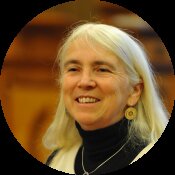
Scientific Coordinator of MYOAGE, based at the Institut National de la Santé et de la Recherche Médicale (Inserm), Paris, France
Sarcopenia (age-related muscle loss)





Background image: MYOAGE
Portrait of the project coordinator: MYOAGE
Timeline (in chronological order): 1961: Inserm / P. Latron; 1998: Inserm / P. Delapierre; 2005: Inserm / P. Latron